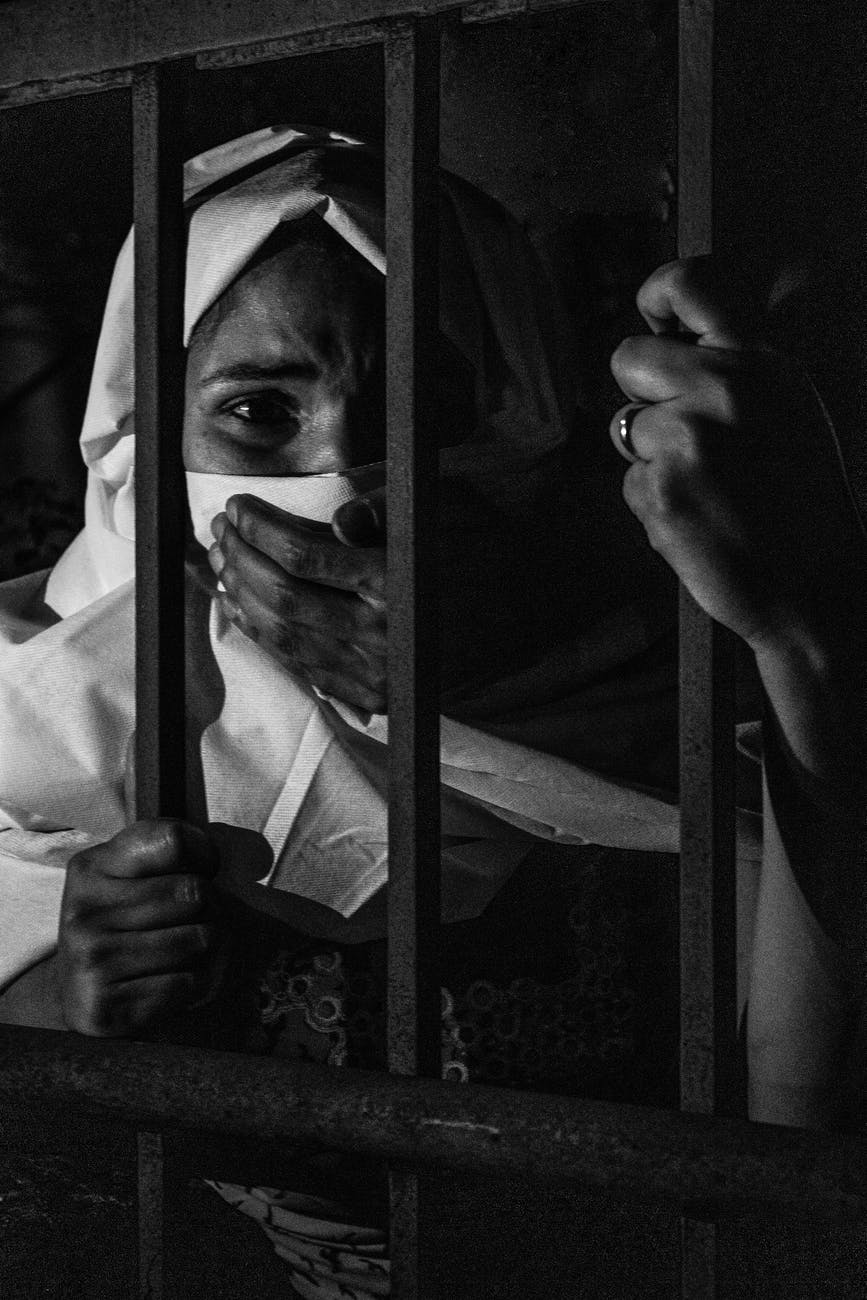Duty of Public Authority under article 14 f Constitution:
It is clear from the Board‟s conduct that it never responded to the letters written by Asiatic Steel; at least, no reply has been placed on record. Even Asiatic Steel‟s request for permission to carry-out the necessary clearance work at the cost of the board, was not responded to-either positively or negatively. Further, whenever any bidder approached the court complaining that the plot allotted was unusable, the Board decided, mostly contemporaneously, to refund the amount, even with interest. In the case of Asiatic Steel, however, when the demand was made for refund on 19.05.1998, the Board did not act,forcing the company to approach the court, firstly through a civil suit which was later withdrawn, and then in a writ petition.
Silence of public authority:
In the opinion of this court, the Board‟s complete silence in responding to Asiatic Steel’s demand for refund, coupled with the absence of any material placed on record by it suggesting that the complaints had no substance leaves it vulnerable to the charge of complete arbitrariness. The Board‟s conductor indifference in regard to the refund sought (in respect of which there was no meaningful argument on its part before the High Court) can be only on the premise that it wished the parties to approach the court, till a decision could be taken to refund the amounts received by it.
In this court‟s considered view, the Board’s action is entirely unacceptable. As a public body charged to uphold the rule of law, its conduct had to be fair and not arbitrary. If it had any meaningful justification for withholding the amount received from Asiatic Steel, such justification has not been highlighted ever. On the other hand, its conduct reveals that it wished that the parties should approach the court, before it took a decision. This behavior of deliberate inaction to force a citizen or a commercial concern to approach the court, rather than take a decision, justified on the anvil of reason (in the present case, a decision to refund) means that the Board acted in a discriminatory manner.
Continue reading “Duty of Public Authority to act fairly.” →
